Three sought over murders of Argentine football hooligans in Rosario
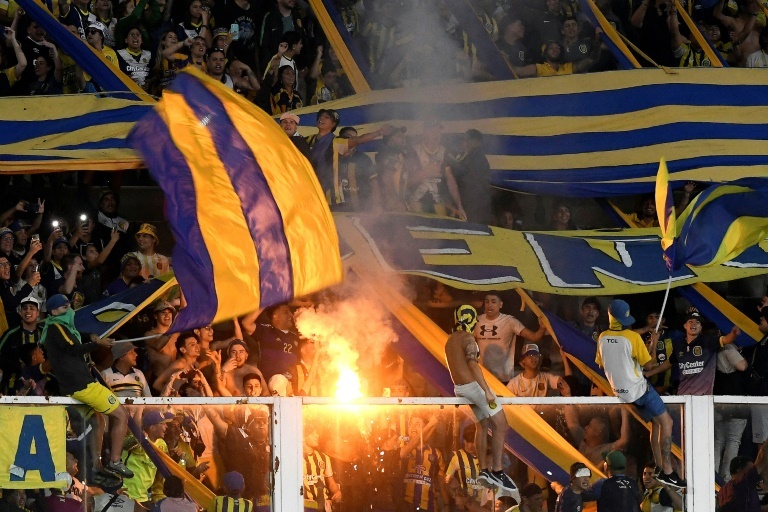
Argentine police on Monday were searching for three people in connection with the murder of two members of a notorious football hooligan gang after a game in the central city of Rosario at the weekend.
9 months ago
Andres "Pillin" Bracamonte, leader of the Rosario Central hooligan gang, was shot dead on Saturday night outside Rosario Central club's stadium along with his deputy, Daniel "Rana" Atardo. Bracamonte, 53, and Atardo, 55, were ambushed near the club's Gigante de Arroyito stadium, after a match between Rosario and San Lorenzo, which Rosario lost 1-0.
The pair were in a van which was intercepted by "at least three people" travelling on foot, homicide prosecutor Alejandro Ferlazzo told reporters "the victims each sustained five gunshot wounds." Ferlazzo said there were "many eyewitnesses" to the attack and assured that those who came forward with information would be given security guarantees.
Hooligan gangs, or "barrabravas," are mafia-like organisations run by hardcore supporters with links to several of the countries' top clubs. Bracamonte had been banned from attending Rosario's matches due to his history of violence. During his 25 years leading Rosario's barrabrava, he was the target of nearly 30 murder attempts, according to Justice Minister Pablo Cococcioni. The killings stoked fears of a series of tit-for-tat attacks among hooligan groups in Rosario, hometown of Lionel Messi, which has been plagued by violence linked to drug trafficking in recent years.
Regional prosecutor Matias Merlo said authorities were working to solve the case "as quickly as possible." Bracamonte had appeared in court on Friday on charges of gender-based violence, for which the prosecutor had requested two years' imprisonment. He was also charged with extortion, criminal conspiracy and money laundering. Fights between football fans are common in Argentina, and have claimed more than 350 lives since the creation of the professional league in the late 1800s, according to the Salvemos al Futbol (Save Football) NGO.
The pair were in a van which was intercepted by "at least three people" travelling on foot, homicide prosecutor Alejandro Ferlazzo told reporters "the victims each sustained five gunshot wounds." Ferlazzo said there were "many eyewitnesses" to the attack and assured that those who came forward with information would be given security guarantees.
Hooligan gangs, or "barrabravas," are mafia-like organisations run by hardcore supporters with links to several of the countries' top clubs. Bracamonte had been banned from attending Rosario's matches due to his history of violence. During his 25 years leading Rosario's barrabrava, he was the target of nearly 30 murder attempts, according to Justice Minister Pablo Cococcioni. The killings stoked fears of a series of tit-for-tat attacks among hooligan groups in Rosario, hometown of Lionel Messi, which has been plagued by violence linked to drug trafficking in recent years.
Regional prosecutor Matias Merlo said authorities were working to solve the case "as quickly as possible." Bracamonte had appeared in court on Friday on charges of gender-based violence, for which the prosecutor had requested two years' imprisonment. He was also charged with extortion, criminal conspiracy and money laundering. Fights between football fans are common in Argentina, and have claimed more than 350 lives since the creation of the professional league in the late 1800s, according to the Salvemos al Futbol (Save Football) NGO.

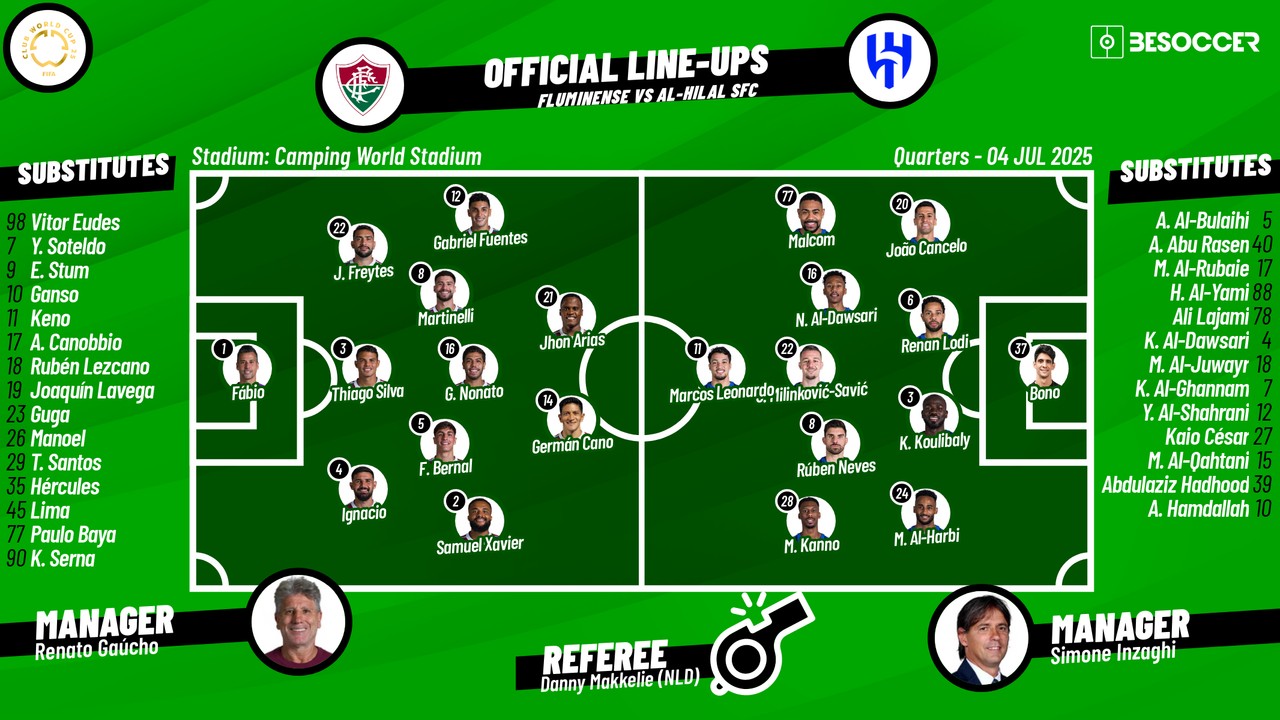
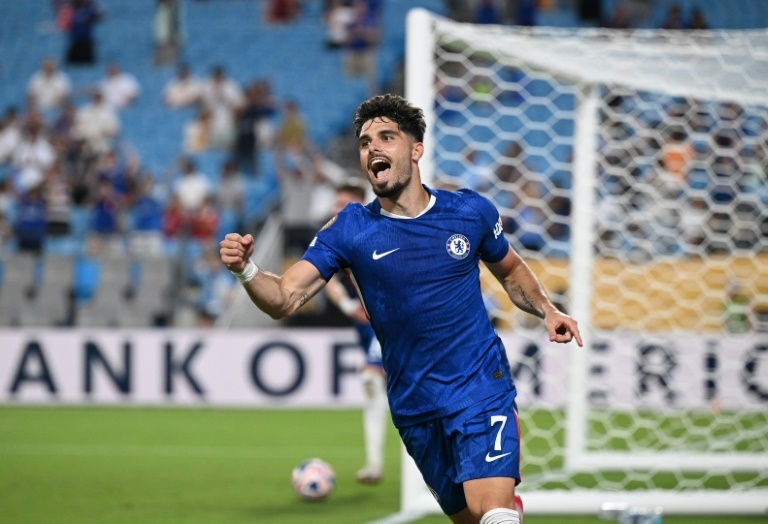
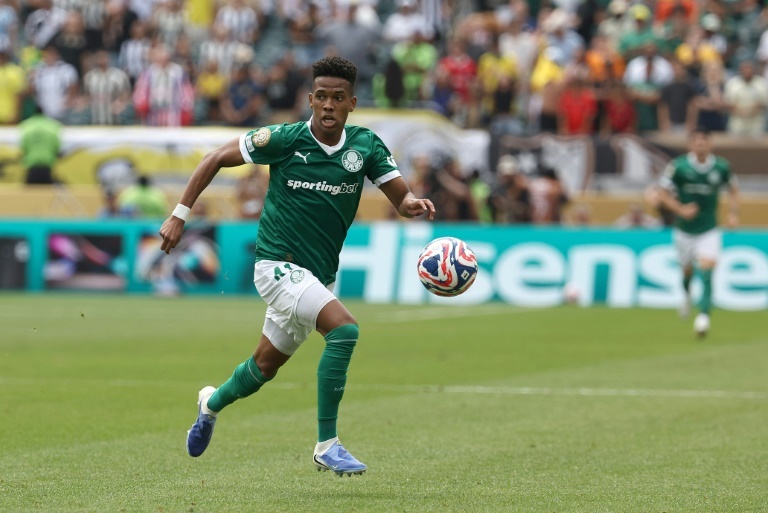
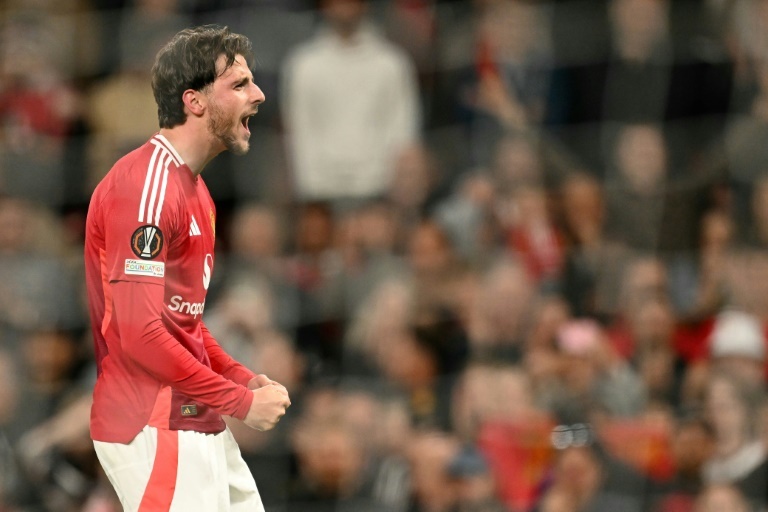
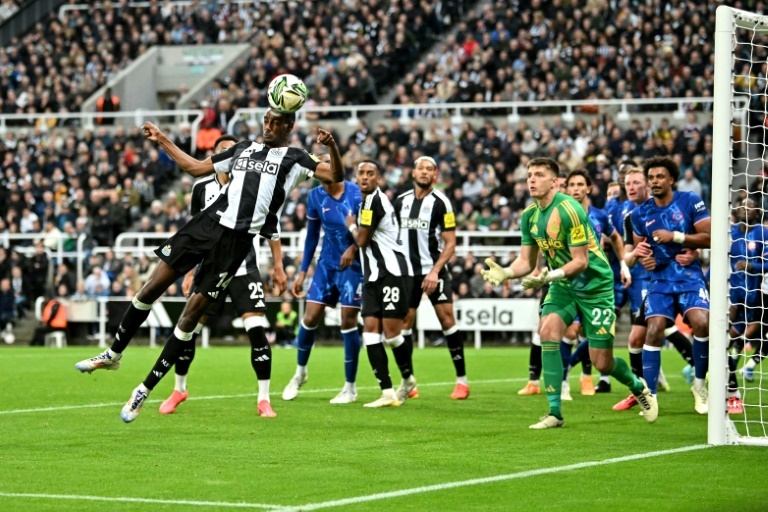
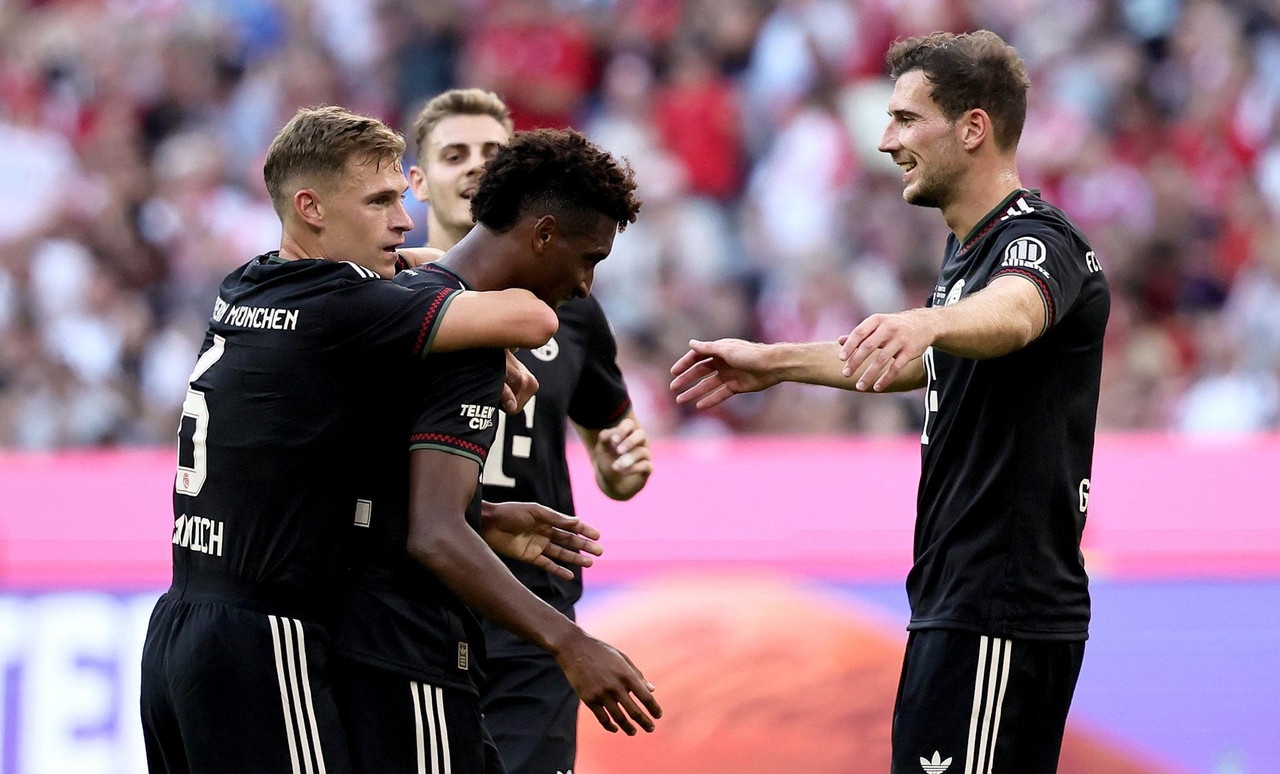
Comments